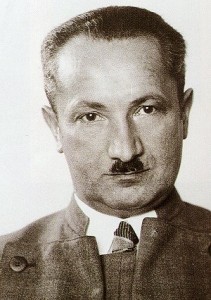In the below documentary, a number of Heidegger scholars discuss his philosophy and its relationship to his National Socialism. For follow-up scholarship on the philosophy-politics connections:
Faye (https://www.amazon.com/Heidegger-Introduction-Philosophy-Unpublished-1933-1935/dp/0300172079/) and Philipse (https://www.amazon.com/Heideggers-Philosophy-Being-Herman-Philipse/dp/0691001197) are very good, in my judgment.
Related: Heidegger on metaphysics, in the Philosophers, Explained series.

Your “judgment” is quite misled—unsurprisingly, given the groupthink of intellectual historians who don’t understand Heidegger’s thinking. As Ted Kisiel made very clear, approaching philosophical teaching (which has an emancipatory interest, in my view) from a perspective of intellectual biography is an objectivist approach to what is integrally about caring for and with others (“Heidegger’s Apology,” _Heidegger’s Way of Thought_)
Of course, stating that here has no merit—just like the idle chatter which asserts an association between nazism and Heidegger without citation. In particular, scholars who don’t understand Heidegger include: Victor Farias, Hugo Ott, Richard Wolin, Richard Polt, and Emmanuel Faye.
Faye was definitely deconstructed by Françoise Dastur (http://tinyurl.com/yh7ndvc8)